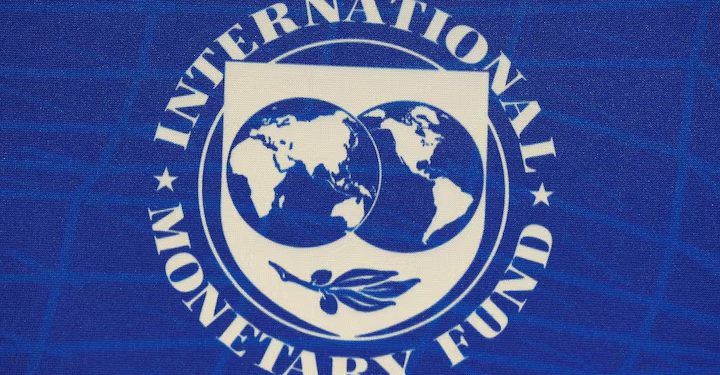The International Monetary Fund (IMF) has raised concerns over the growing financial strain on the Democratic Republic of Congo (DRC) as fighting intensifies in the country’s eastern region.
The surge in violence, driven by the Rwanda-backed M23 rebel group, has severely impacted the DRC’s revenue streams and forced a shift in government spending priorities.
In a statement released on Tuesday following a staff visit to the capital Kinshasa, the IMF noted that the conflict had disrupted tax collection in territories seized by the rebels, including key cities such as Goma and Bukavu, which fell earlier this year. These areas are among the most mineral-rich in Africa, home to resources like tantalum and gold.

The Fund said that the closure of revenue offices in rebel-controlled regions, coupled with government efforts to ease living costs by waiving customs duties and VAT on basic food items, has led to a significant revenue shortfall. At the same time, increased military expenditures—including a recent doubling of salaries for soldiers and police—have added further pressure to the national budget.
Despite the challenges, the IMF announced it had reached a staff-level agreement with the DRC government on the first review of its three-year economic and financial programme under the Extended Credit Facility (ECF). The programme has been revised to account for the current security and humanitarian realities.
“The government has reaffirmed its commitment to the objectives of the ECF-supported programme, which has been recalibrated to reflect the new realities following the intensification of the conflict,” the IMF said.

The revised agreement aims to preserve fiscal sustainability while allowing the government to address urgent security and humanitarian needs.
The ongoing crisis in eastern Congo has drawn international attention, with the United Nations and several Western governments accusing Rwanda of backing the M23 rebels with arms and troops. Kigali has denied these allegations, claiming instead that its actions are in self-defence against Congolese forces and militias tied to the 1994 Rwandan genocide.








